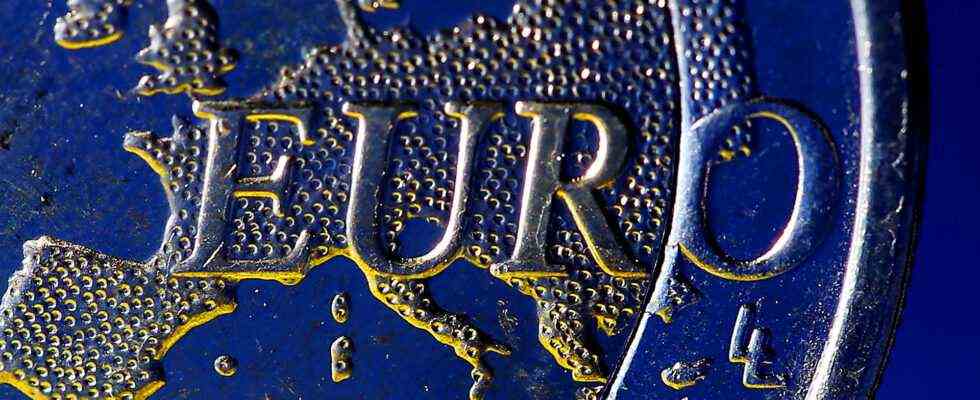Status: 10.09.2021 6:00 p.m.
What is the next step with the Euro Stability Pact? The EU finance ministers in Slovenia are currently discussing this. The fact is: The existing rules are no longer worth much because of Corona.
It was actually supposed to be a friendly get-together in bright sunshine in the Slovenian Alps. They wanted to exchange ideas about how well they could get the economic consequences of the Corona crisis under control together, bring back growth, and prevent the worst. But no sooner has this been achieved than the next big European construction site is obviously for everyone when it comes to money.
Stability rules are massively violated due to Corona
It’s about the national debt, which has spiraled to ever greater heights during the pandemic, and the question: What are the so-called European stability rules that actually allow a maximum debt level of 60 percent of economic power? Most of them are far from that; Greece, for example, is more than 200 percent, Italy 160 and even Germany still 70.
For France’s finance minister Bruno Le Maire it is therefore clear “that these rules have obviously become unusable and that a reform is needed”. There is the idea that in the future, for example, investments that serve to protect the climate should be deducted from the national debt.
Scholz relies on flexibility
One thing is clear: gigantic sums of money are likely to be spent on this in the EU countries over the next few years. That would enable the member states to have higher national debts, which some EU countries – especially the Scandinavians, the Netherlands and Austria – have so far disagreed with.
It was therefore eagerly awaited what Olaf Scholz would say about this at the meeting in Slovenia – the Federal Minister of Finance, who could possibly soon become Federal Chancellor. “For me, the point now is that we continue to use the flexibility that we have within the framework of our current stability rules,” the SPD politician clarifies. “I say that explicitly: We have a good framework for stability in Europe, and it has shown – especially now during the crisis – that it is particularly capable of acting.”
The reform is coming – only when?
That doesn’t sound like the desire to soften this framework – on the contrary. However, with the pandemic, the stability rules were suspended anyway. And it is completely open when they should apply again. This can of course also be understood by flexibility. France’s finance minister also sees the fact that Europe needs a debt framework – but a different one. France is very clear about this, according to Le Maire: These rules are needed and they must be observed by everyone.
But they haven’t been for years. And that is why the EU Commission also wants a reform. “We all know that we have to reach a consensus,” said EU Economic Commissioner Paolo Gentiloni for the record. “And that is all the more important as we have to look forward together and not back. That has to do with the pandemic, but also with climate protection – in other words, with the things that now lie ahead of us.” It is therefore clear: With this meeting of finance ministers, the days of the stability pact are numbered. At least the previous one. There will be a new one. The discussion about this in the EU is now officially opened.
Meeting in Slovenia: EU finance ministers talk about reform of debt rules
Holger Beckmann, ARD Brussels currently Slovenia, 9/10/2021 4:26 p.m.

